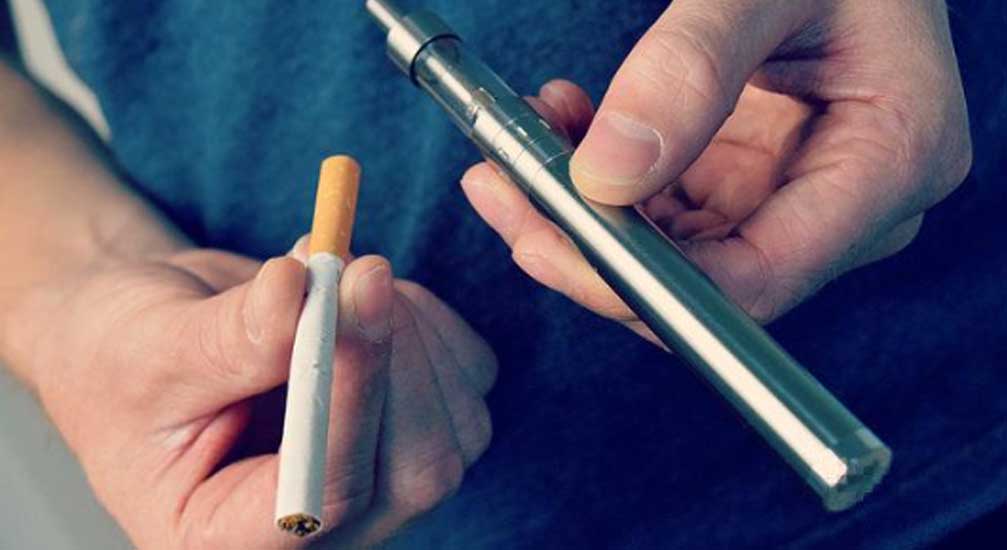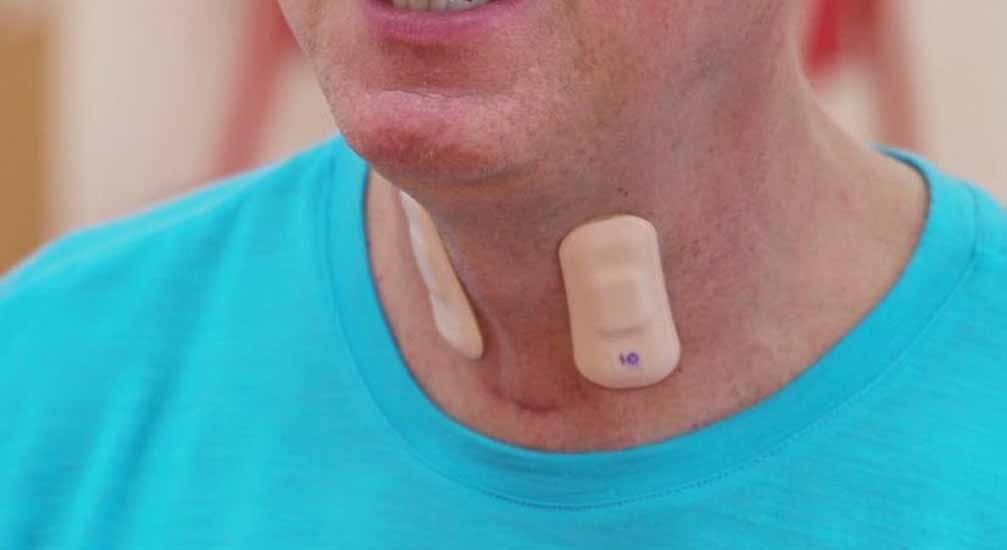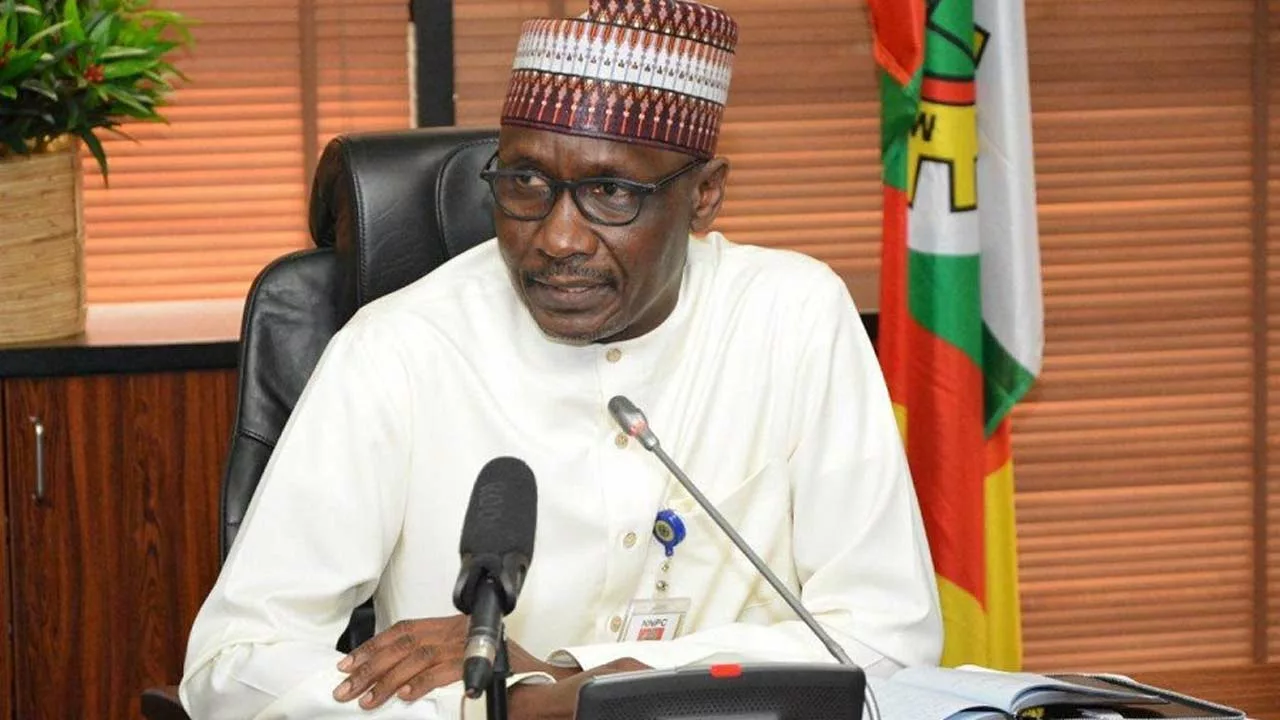The World Health Organisation (WHO) on Monday, revealed that it plans to spend up to $178 million between 2018 and 2019, on solving health related problems in Nigeria.
The WHO Country Representative, Wondimagegnehu Alemu, revealed this at the joint approval of the Biennium WHO Programme Budget of 2018 to 2019, in Abuja, with the Minister of Health, Isaac Adewole in attendance.
According to Mr. Alemu $127 million, representing 66 per cent of the budget, would be channeled towards polio eradication programmes.
Scientists Develop Antibody To Suppress HIV Virus
Medical experts revealed the discovery of a Human Immunodeficiency Virus (HIV) antibody that can suppress the virus for up to six months without additional treatment.
The study result, which was released at the 25th Conference on Retroviruses and Opportunistic Infections in Boston, lend a clue to approaches that try to achieve sustained, drug-free viral remission in people living with HIV.
Being partly supported by the U.S. National Institute of Allergy and Infectious Diseases (NIAID), the research may have targeted the viral reservoir, populations of long-lived, latently infected cells that harbour the virus and that lead to resurgent viral reproduction when suppressive therapy was stopped.
Outrage As Doctor Performs Brain Surgery On Wrong Person
There has been an outpouring of rage in the social media after a neurosurgeon at Kenya’s largest hospital performed brain surgery on the wrong patient.
The Kenyatta National Hospital, which admitted the horrific error has suspended the doctor, as well as two nurses and an anaesthetist, according to a statement on Friday.
Health Minister Sicily Kariuki also suspended the Chief operating officer of the hospital, Lily Koros, over the blunder. Lily Koros had suspended the four medics.
Why Government Is Failing In Health Care Delivery Services – Minister
The Federal Government on Tuesday listed some of the challenges impeding effective healthcare service delivery in the country to include weak governance structures, poor human resource capacity and inefficient core processes. The Minister of Health, Prof. Isaac Adewole stated this while speaking at the opening ceremony of a retreat aimed at strengthening the Ministry’s budget process and the capacity of the Department of Health Planning, Research & Statistics.
World Hearing Day: 1 Billion People Could Lose Their Hearing By 2050
The World Health Organization (WHO) is warning that one in 10 people globally, or more than 900 million, are at risk of disabling hearing loss by 2050 unless preventive action is taken now.
On the occasion of World Hearing Day, Saturday, the World Health Organization reports that 466 million people around the world currently suffer from disabling hearing loss. The annual cost to countries in direct health services and lost productivity resulting from this disability is estimated at $750 billion.
E-Cigarettes Expose Smokers To Risk Of Pneumonia
A study has revealed that persons who engage in smoking e-cigarettes could be exposed to higher risk of developing pneumonia owing to the fact that vapor could help bacteria stick to cells lining the airways.
Traditional cigarettes have long been associated to heightened risk of suffering pneumonia, though it’s been less clear whether e-cigarettes might have the same effect.
Researchers conducted series of laboratory experiments to see whether exposure to e-cigarette vapor might increase levels of a molecule produced by airway lining cells, called platelet-activating factor receptor (PAFR).
Wearable Sensors Could Enhance Recovery In Stroke Patients
Scientists are developing novel wearable sensors that could help speed up the recovery of stroke patients.
The sensors send information to doctors continuously and could allow them to more closely monitor the effectiveness of their care.
John Rogers, of Northwestern University in Chicago in the US, who developed the sensors said; "It is almost mechanically imperceptible to the patient who is wearing the device."










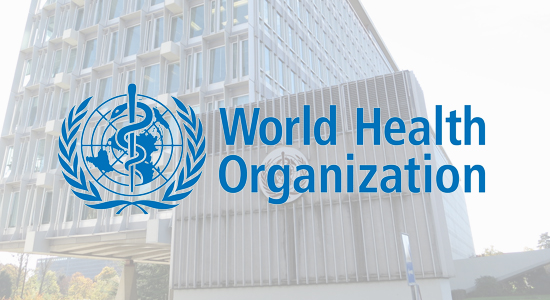
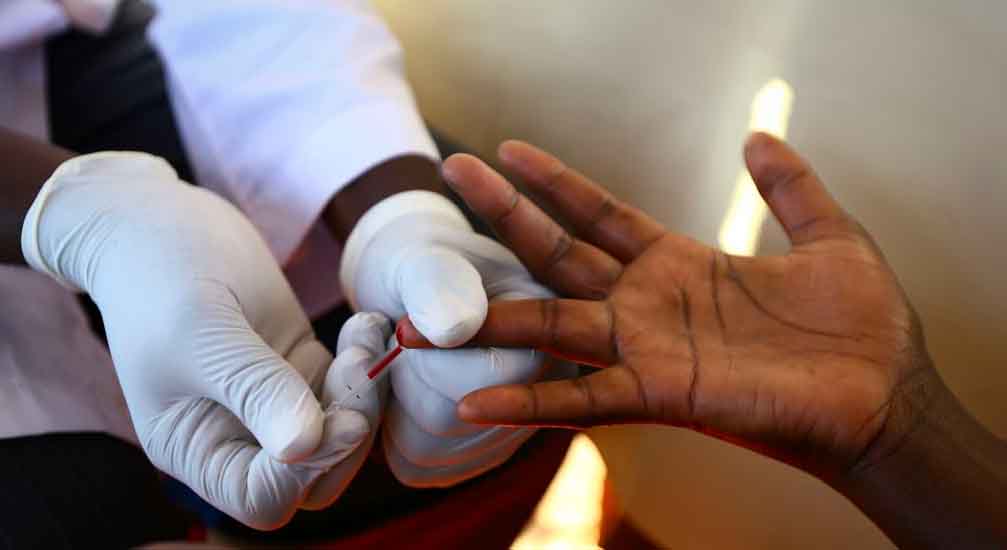
.jpg)


